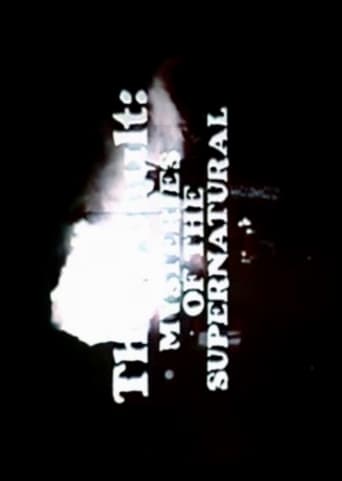
07 Sep 1977

The Occult: Mysteries Of The Supernatural
Rare 1977 documentary short hosted by Christopher Lee on the occult. Topics range from witch covens, Astrology, psychic powers, seances and astral projection, amongst others.
Common Mistakes uses four synonyms for the word "mistake" (fallacy, error, accident, and blunder) to present a sample of widely held "truths" that later proved to be misconceptions. The mistakes are illustrated with documentary, before and after photographs, diagrams, and video footage, and are prefaced with a clip from a children's educational film on how to prevent accidents.

07 Sep 1977

Rare 1977 documentary short hosted by Christopher Lee on the occult. Topics range from witch covens, Astrology, psychic powers, seances and astral projection, amongst others.
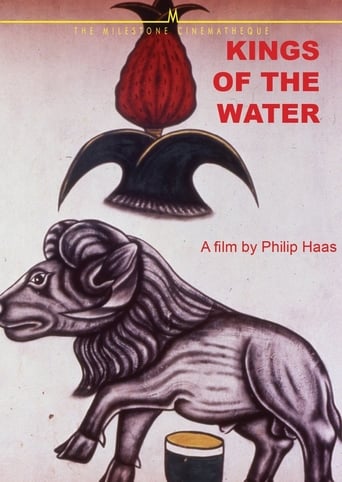
04 Jun 1991

Cyprien Tokoudagba is from the city of Abomey in the Benin Republic of West Africa, where he paints the religious houses of the vodun. Haas and his film crew follow Cyprien as he first paints and then takes part in the ceremony to open a new temple. The paintings include three vodun figures and several emblems, including a pipe and a duck. Cyprien explains his work in the context of the religion and takes the crew to film two other local ceremonies, one where the dead are believed to come back to instruct the living through wild dancing and, another, where women warriors perform their war dances.
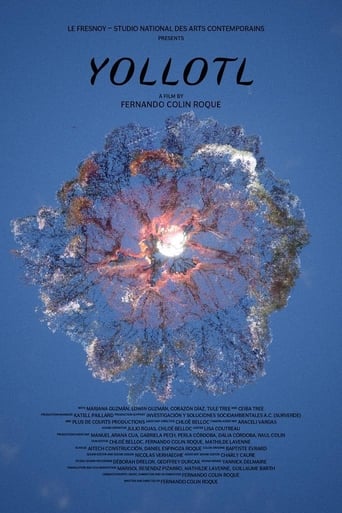
05 Nov 2020

Yollotl connects the past and the present through a love story inspired by Mesoamerican mythology and testimonials from children who live in the Mayan rainforest. A story in Nahuatl and a ritual song accompanies the journey through the interior of ancient trees to the universe.
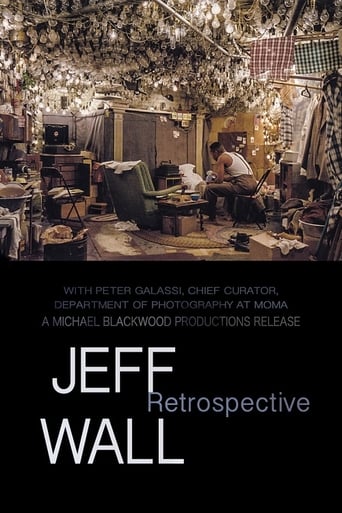
08 May 2007

Jeff Wall is one of the most important and influential photographers working today. His work played a key role in establishing photography as a contemporary art form.
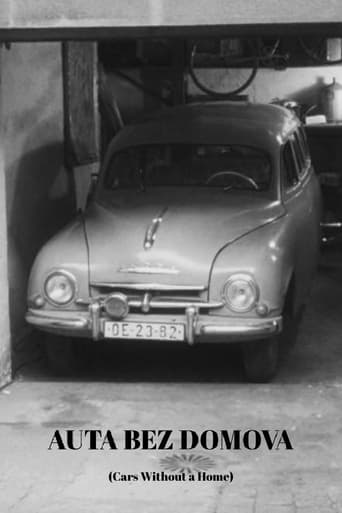
01 Jan 1959

Jan Schmidt and Pavel Juráček turn their attention to the problem of Czechoslovakia's unloved cars in this whimsical documentary short.
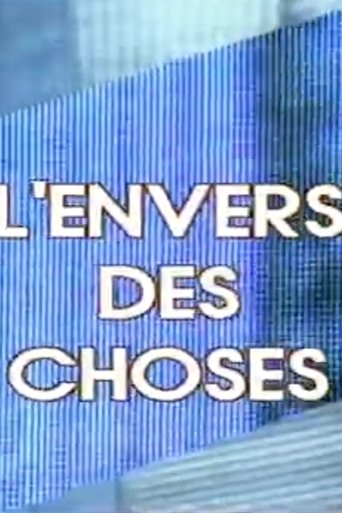
18 May 1983

A verlan discussion in a cafe between two young people about a motorbike and girls.
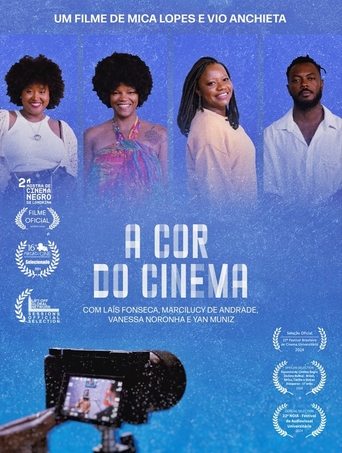
22 Oct 2024

No overview found
01 Jan 1965
Short film about the dangers of winter traffic on the German Federal Railways
01 Jan 1968
Speed has always played a particularly important role in railroads. New, ever better technologies have been developed throughout history. Engineers have come up with many ideas to make trains faster. This short film recalls the most striking record-breaking journeys in Germany and abroad.

09 Nov 2014

Filmed in Berlin, July 1990. Images of workers taking down the wall and street peddlers selling pieces of it to make a living.
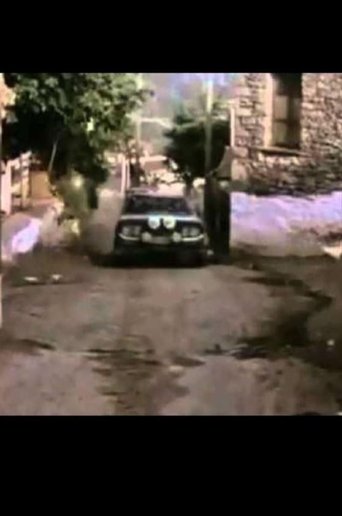
06 Oct 1981

No overview found
01 Jan 1986
By comparing the St. Nicholas celebrations in Islamic and Protestant communities in Berlin, the relationship between the religions is explored.

04 Aug 1956

The film shows the flag handover and swearing-in ceremony of the first unit of the National People's Army on the eve of May 1, 1956 and the parade of units of the People's Army on the morning of May 1.

19 Jan 2024

At only 19 years old, an Argentinian filmmaker emigrates to Miami looking for better opportunities. She soon finds herself falling for her very first boyfriend, someone she thought was good for her. That would quickly change, making her feel trapped in an abusive relationship that she would hide from everyone around her for years. In a detailed search for healing, she explores the events that led to the morning when he sexually assaulted her to understand that she is not to blame.

06 Jun 1985

No overview found
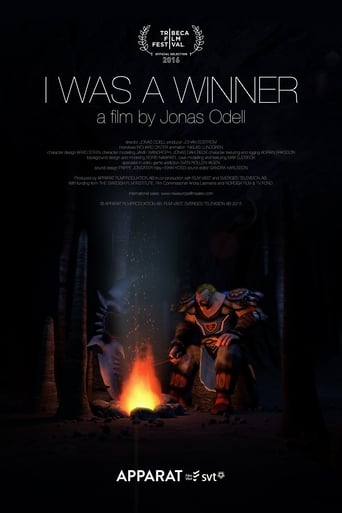
26 Jan 2016

Two men and one woman addicted to videogames are interviewed to tell their stories. In this documentary, they are animated characters resembling the ones on computer games.
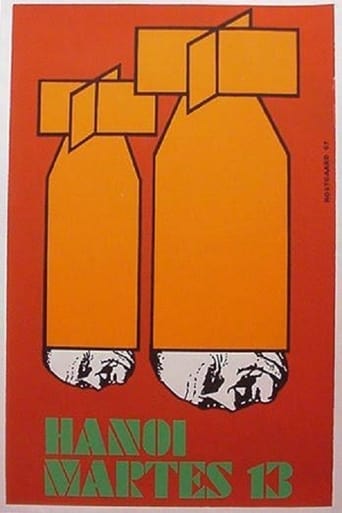
03 Oct 1969

In December 1967, a Cuban film crew led by Santiago Alvarez, the veteran polemicist, travelled to Hanoi. They shot the footage which constitutes this short documentary all in one day - Tuesday 13. The film is the story of that day and what happened to the North Vietnamese people in the course of it.
01 Jan 1967
In 1967, a group of African-American teenagers in Philadelphia made a hybrid documentary/dramatization of their lives in the 12th and Oxford Street gang. In 1968, The Jungle, one of the first films in the US directed by youth detailing the inner workings of their own gang, went on to win the Documentary Film Award at the Festival de Popoli, Italy.
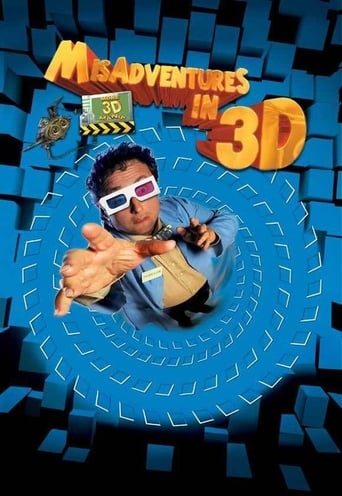
07 Nov 2003

The wrong place. The wrong time. The wrong dimension.
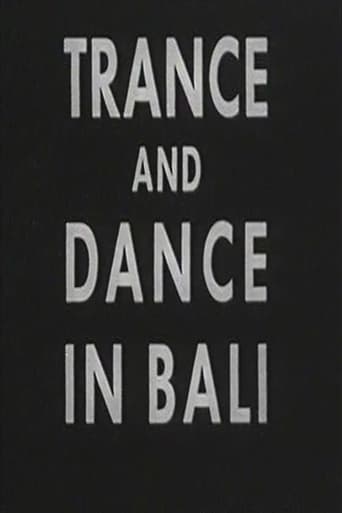
02 Jan 1952

Explores the themes of trance and dance in the rituals and religion of Bali. The famous Kris Dance is performed.